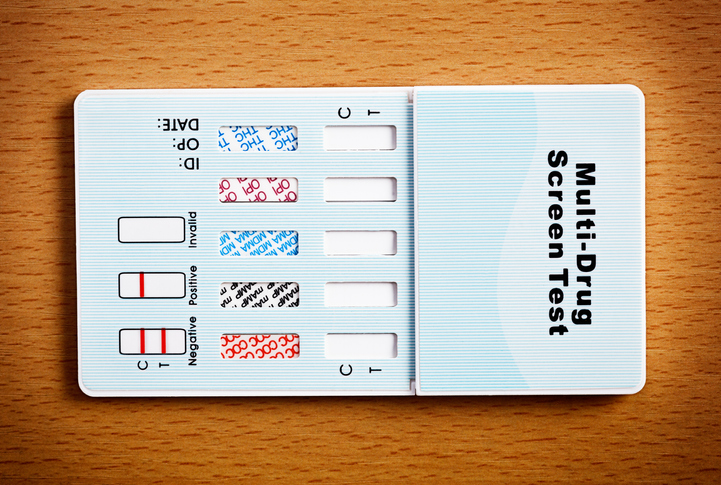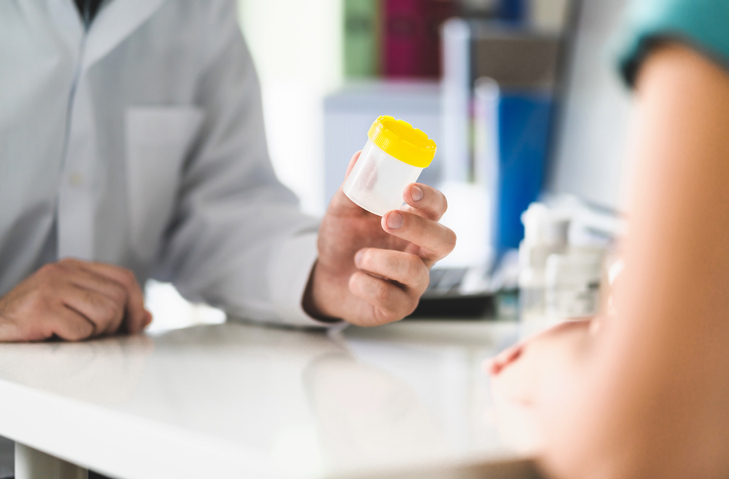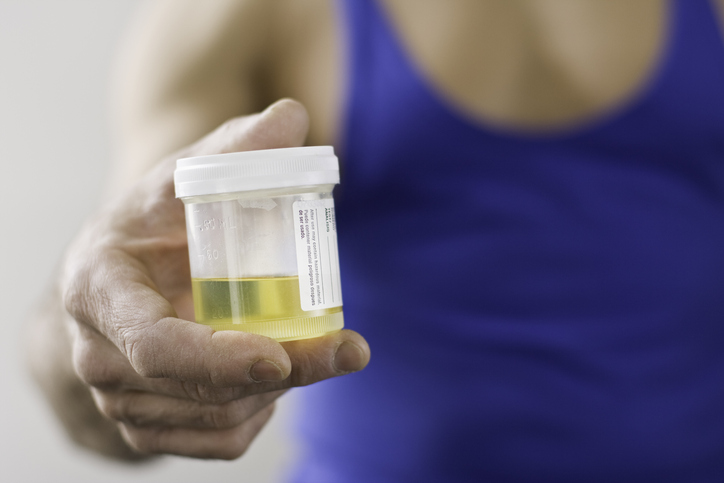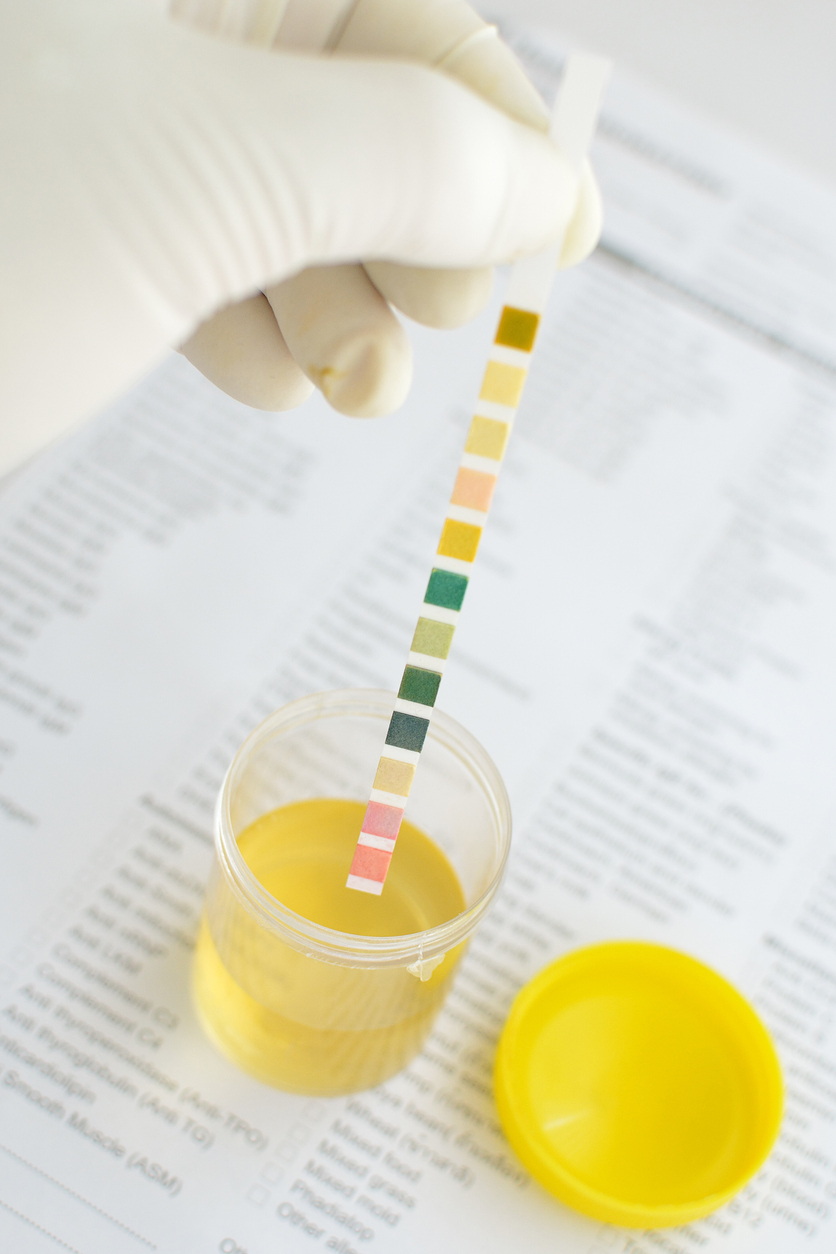Living with Chronic Pain
Can Urine Drug Screens Produce False Positive Results?

What is a urine drug screen?
A urine drug screen is a medical test used to detect drugs in the body. The kidneys filter toxins and other substances from the blood; this waste is then excreted from the body in the urine. Therefore, drug and alcohol use can be detected in a urine sample.
What is a false positive urine drug screen?
Although urine drug screens are a valuable tool for identifying the presence of drugs in the body, they can also produce a false positive result. A false positive result is a urine screen that produces results that are positive for narcotics when no narcotics have been consumed.
Some people who are required to take a urine drug test fear a false positive result. It is important to note that if a narcotic was legally prescribed and taken as instructed, there should be no issue. However, a current prescription may have to be produced as proof.
What to do if a urine screen gives a false positive result?
If a person gets a positive urine screen for opioids or illegal drugs when they have not used them, they should immediately request a gas chromatography/mass spectrometry (GC/MS) test. An initial urine screen tests for categories of drugs (e.g., amphetamines) and not for specific drugs in that category. A GC/MS testing looks for specific drugs in the urine and also provides a more accurate reading. If a false positive result is negated by the person being tested, the physician in charge of interpreting the results should consult with the individual and explain the results in further detail.
What if an individual uses dishonest tactics to pass a urine drug screen?
In some cases, if an individual is legitimately concerned that they will not pass a urine drug screen, they may attempt to tamper with the urine sample by adding water to dilute it, adding enzymes to affect the sample's stability, or using another person's urine. However, the medical community is aware of these dishonest tactics and uses countermeasures to ensure a genuine sample is provided. The temperature of the urine sample is often immediately tested to ensure the sample did not come from an outside source. Creatinine levels are checked to determine if the urine sample was diluted. Furthermore, many testing labs color the water in the toilet bowl to ensure it is not being used to dilute the urine sample. People should be completely honest about any prescription and over-the-counter medication and any illegal substances taken before a urine screen.


















